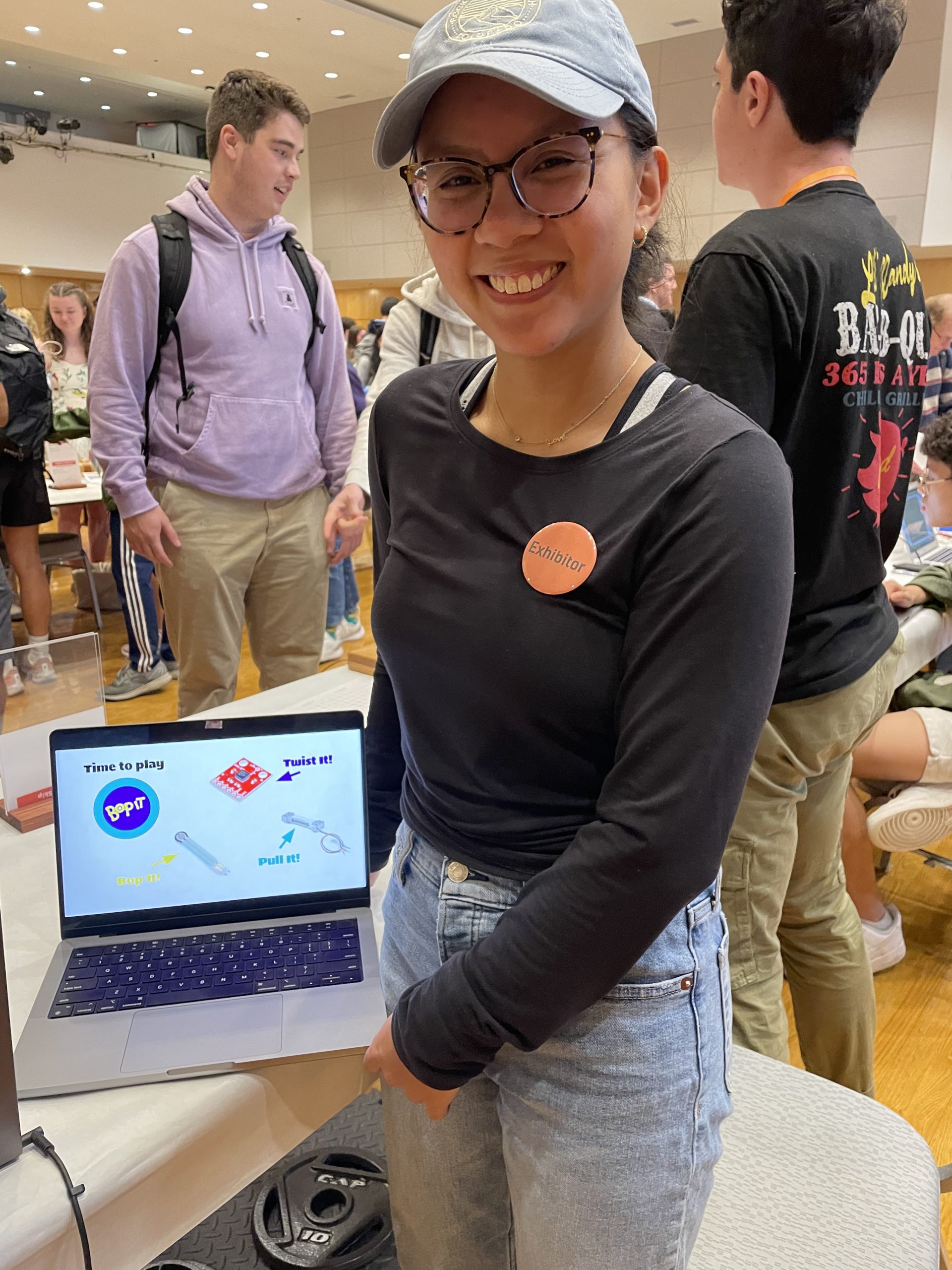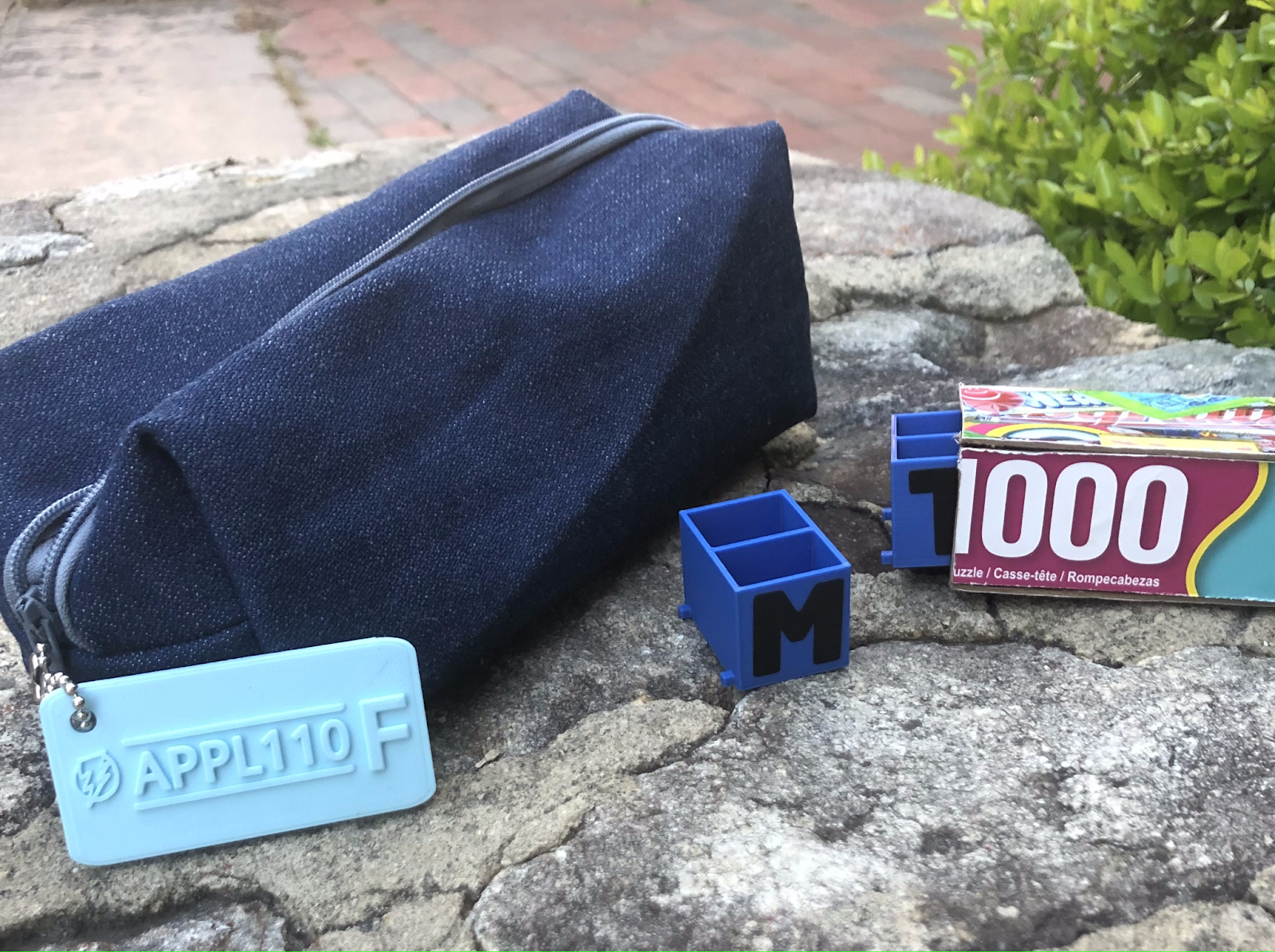Lessons learned: identifying solutions for success through the APSE minor and BeAM
Lessons learned: identifying solutions for success through the APSE minor and BeAM

Cruz has always loved math. In classes like MATH528 she learned about game theory and probability, concepts that overlap with scientific applications. “The APSE and Shuford minors pushed me to think outside of the classroom,” Cruz shares. “I realized I could apply math formulas and theories to real world problems.”
Beyond technical skills, Cruz’ minors have honed her collaborative problem-solving ability and made her more comfortable working in group settings. She shares that in APPL110 she worked on a project with group members each using their unique backgrounds and strengths to solve a specific challenge. “We designed a medication organizer for our final project, which we presented at the BeAM MakerFest,” Cruz says. “It was inspiring to see the talent, creativity, and innovation of other teams at the event,” she says.

This lesson ties back into the entrepreneurial mindset at the center of the APSE minor and Shuford program.
“I typically use a linear process of problem solving in my math courses, but there is not always a set solution to every problem,” Cruz explains. “Through the APSE minor and a focus on entrepreneurial mindset, I have learned to think critically, adapt to opportunities, and be open to incorporating feedback for an improved product.”
Further, Cruz emphasizes the importance of accepting failure, especially when making a new product. “In the design process, many unknowns can be daunting. I’ve learned to not be afraid to adapt to innovation while bouncing back and accepting failure,” she says. “Using feedback and making your solution better doesn’t take away from the hard work you did in the first place.”

Cruz’ experiences through the APSE minor, and BeAM MakerSpaces have influenced her career plans. After graduating in May, she will explore a career in UI/UX design. “The APSE minor helps with prototyping, feedback, and learning how to design something that is user-centric with functionality,” she says.
“You will likely fail more than you might succeed, but it’s just part of the process,” Cruz concludes. “Thanks to the APSE minor, I’m more confident in my skills to not shy away from that. Now, I approach problems with the mindset that if it fails, it fails – I’m confident that I can use feedback and improve for next time.”